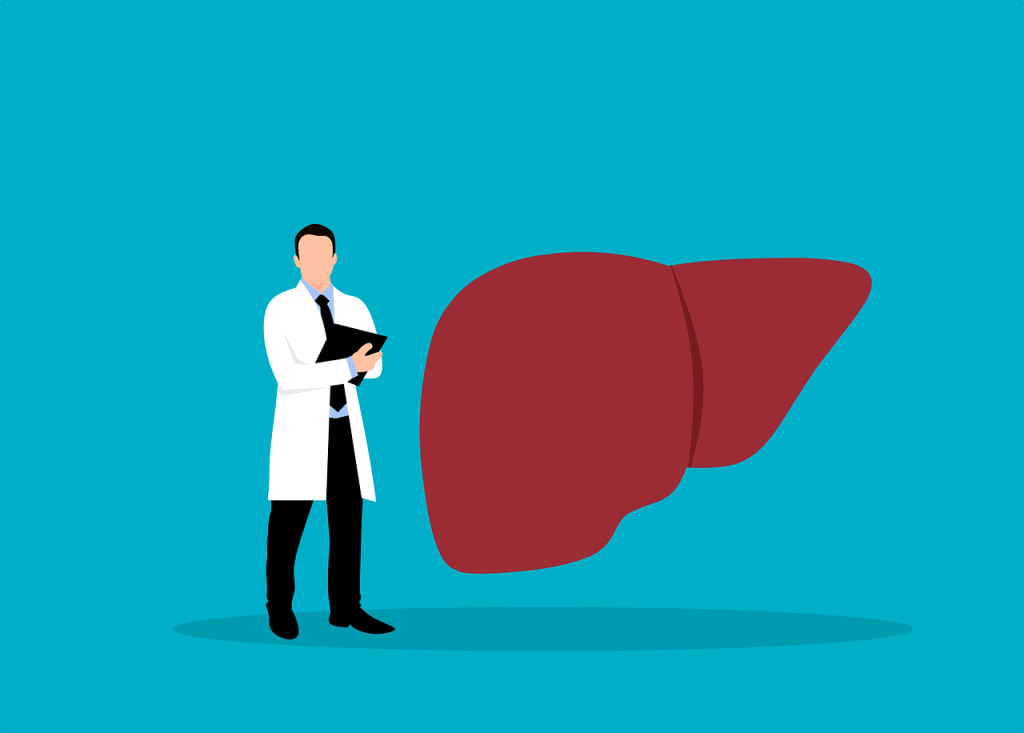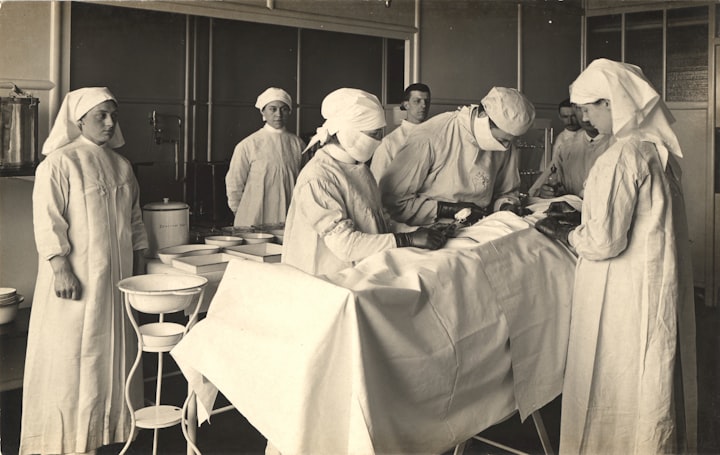DANGER SIGNS OF FATTY LIVER
The diagnosis of fatty liver disease is usually made by a combination of blood tests, imaging studies (such as ultrasound or CT scan), and liver biopsy (in some cases).

Fatty liver disease is a condition in which fat accumulates in the liver, leading to liver damage and impaired liver function. There are two main types of fatty liver disease: nonalcoholic fatty liver disease (NAFLD) and alcoholic fatty liver disease (AFLD).
NAFLD is the most common type of fatty liver disease, and it is often associated with obesity, insulin resistance, and metabolic syndrome. It can progress to nonalcoholic steatohepatitis (NASH), which is a more severe form of the disease that can cause liver scarring, liver failure, and liver cancer.
AFLD is caused by excessive alcohol consumption and can lead to liver inflammation and cirrhosis, a serious liver disease that can cause liver failure and liver cancer.
The diagnosis of fatty liver disease is usually made by a combination of blood tests, imaging studies (such as ultrasound or CT scan), and liver biopsy (in some cases).
Treatment for fatty liver disease usually involves lifestyle changes such as weight loss, exercise, and a healthy diet. In more severe cases, medications may be prescribed to improve insulin resistance or reduce inflammation. In some cases, liver transplant may be necessary.
Prevention of fatty liver disease involves maintaining a healthy weight, limiting alcohol consumption, and managing any underlying medical conditions such as diabetes or high cholesterol.
It is important to note that fatty liver disease can be asymptomatic in its early stages, which means that it may not be detected until the condition has progressed to a more advanced stage. However, some people with fatty liver disease may experience symptoms such as fatigue, abdominal discomfort, and swelling in the abdomen.
If you are diagnosed with fatty liver disease, it is important to work closely with your healthcare provider to develop a treatment plan that is tailored to your specific needs. In addition to lifestyle changes and medications, you may need to undergo regular monitoring and follow-up testing to evaluate the progression of the disease.
Fatty liver disease is a common condition that can lead to serious liver damage if left untreated. While lifestyle changes and medications can be effective in managing the disease, prevention is the best approach. Maintaining a healthy weight, limiting alcohol consumption, and managing any underlying medical conditions can help reduce your risk of developing fatty liver disease.
It is also important to note that there are certain risk factors that can increase your likelihood of developing fatty liver disease. These include obesity, insulin resistance, type 2 diabetes, high cholesterol, and metabolic syndrome. Additionally, excessive alcohol consumption is a major risk factor for AFLD.
If you have any of these risk factors, it is important to talk to your healthcare provider about ways to reduce your risk of developing fatty liver disease. This may involve making lifestyle changes such as losing weight, reducing alcohol consumption, and managing any underlying medical conditions.
Fatty liver disease is a serious condition that can have significant health consequences. However, with early detection and appropriate treatment, it is possible to manage the disease and prevent further liver damage. If you are concerned about your risk of developing fatty liver disease or have been diagnosed with the condition, it is important to work closely with your healthcare provider to develop a personalized treatment plan that meets your specific needs.
It is important to note that fatty liver disease is a complex condition that requires a multidisciplinary approach to treatment. This may involve working with healthcare providers such as hepatologists, endocrinologists, dietitians, and mental health professionals.
It is also important to take a proactive role in managing your own health by following a healthy lifestyle, keeping up with regular check-ups and screenings, and staying informed about the latest advances in the field of fatty liver disease.
By working together with your healthcare team and making positive lifestyle changes, it is possible to manage fatty liver disease and protect your liver health for the long-term.
In addition, it is worth noting that there are potential complications associated with fatty liver disease. As the disease progresses, it can lead to liver inflammation, liver scarring, liver failure, and liver cancer. These complications can be serious and even life-threatening, which is why it is so important to manage the disease effectively.
If you have been diagnosed with fatty liver disease, it is important to follow your healthcare provider's recommendations for monitoring and follow-up care. This may involve regular blood tests, imaging studies, and liver biopsy to evaluate the progression of the disease and monitor for any potential complications.
It is also important to be aware of the signs and symptoms of liver disease, such as jaundice (yellowing of the skin and eyes), abdominal swelling, and easy bruising or bleeding. If you experience any of these symptoms, it is important to seek medical attention right away.
Overall, fatty liver disease is a serious condition that requires ongoing management and care. By working with your healthcare team and making positive lifestyle changes, you can reduce your risk of complications and protect your liver health for the long-term.
About the Creator
Safeera Sathar
With pen in hand and heart on sleeve,
I weave my thoughts,
My words may not be grand or bold,
Hoping my words will make some gain.
So if you find me on this page,
Know that I write to engage.
To touch your heart, to stir your soul,






Comments
There are no comments for this story
Be the first to respond and start the conversation.